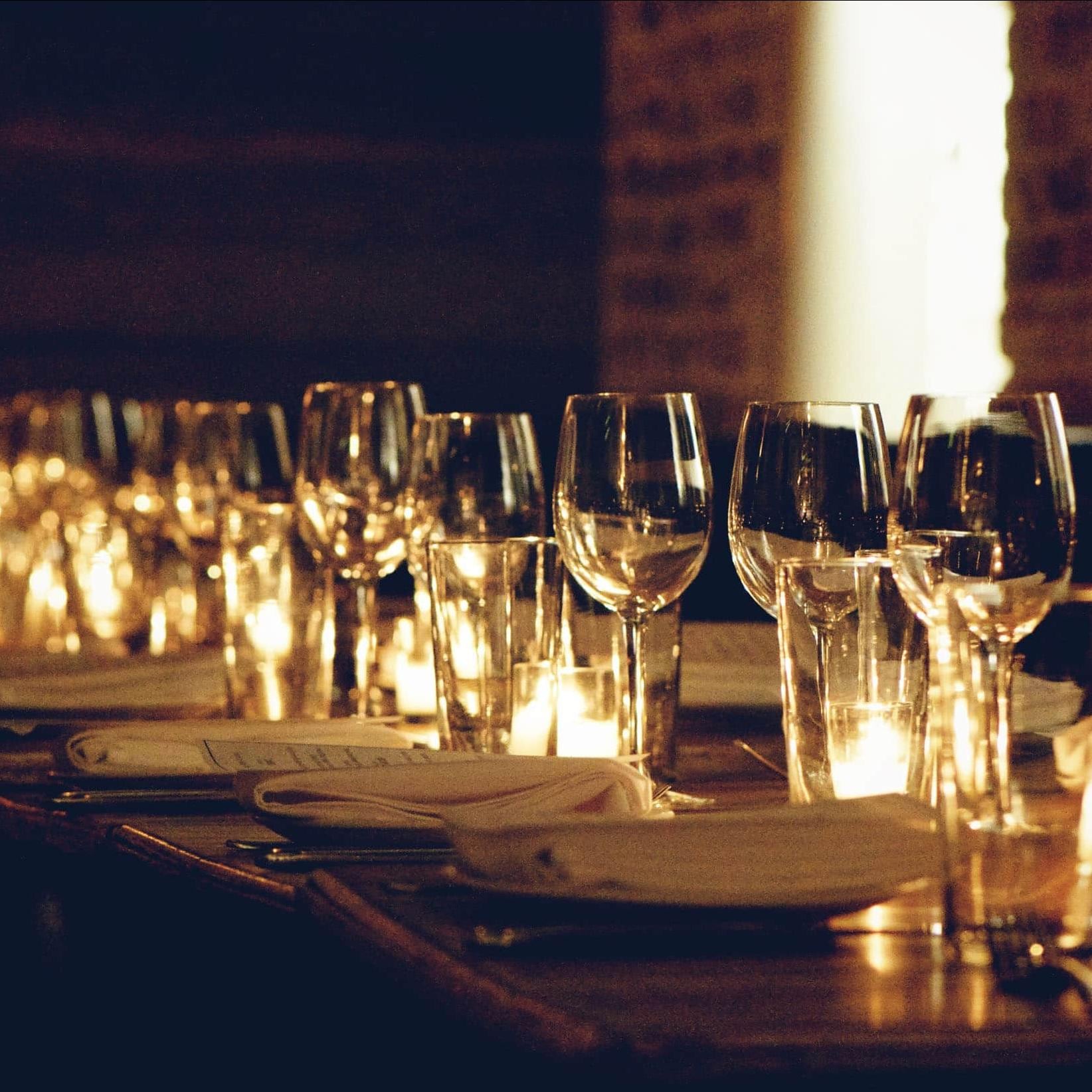Fraud and Compliance
Can (and should) employees expense alcohol?
When we think of dining with customers, most of us wouldn’t think twice about complementing our meal with a nice glass (or two) of wine, or other drink of choice. This is a long-standing practice in business. However, we’re noticing a decline in alcohol expense claims, as attitudes around drinking during business engagements have shifted. Alcohol isn't always perceived as essential when conducting business nowadays, which has turned alcohol expense claims into something of a grey area.
During certain times of the year - especially around the festive season - the question of when, where, and what kind of alcohol can be expensed tends to come up much more frequently. Let's dive into the details and clear up any confusion!
What Does the Law Say about Refunding Alcohol in Expense Claims?
Fundamentally, nothing special. This is because the topic of alcohol in business is a fine line.
Technically, alcohol is categorised as a food. This means that it is purchased and reimbursed in the same way as other meal expenses. Therefore, it can be incorporated as part of the food bill and can easily be presented on the expense claim when submitted to the employer.
Can alcohol be considered a legitimate expense in contributing to business outcomes or is it just an unnecessary indulgence? In the past, alcohol was often seen as a key element in building business relationships or closing deals. Today, however, many companies are re-evaluating this practice, as attitudes towards workplace culture and also health are changing.
Ultimately, is it an Expense Like Any Other as Part of a Business Meal?
Yes and no. When it comes to tax reclaims, the key factor is whether the expense is reasonable and directly tied to achieving a business objective. As long as the expenses are compliant and deemed necessary to help achieve the desired goal, then there should not be a problem.
However, employers have the final say. Employees must follow their company’s travel and expense (T&E) policy, which may have specific rules regarding alcohol expenses.
How Do Employers Manage Alcohol in Expense Claims?
In the end, it's up to the employer to decide. Most employers state that the employee has to pay for their own drinks if it’s not business related. However, if it is, then the company can and must legitimately reimburse the employee for their professional expenses. Within reason. There’s a clear distinction between the employee having a glass of wine with dinner and ordering multiple bottles...
This is why it’s essential to have expense policies that document different situations and correct handling for all eventualities.
How is Alcohol Documented in T&E Policies?
Here are some examples of alcohol treatment in policies:
- The categorical policy: No refund on the consumption of alcohol. If the employee wants to drink, they would have to pay for it.
- The pragmatic policy: Reimbursement is limited to one drink per person and per meal, or the equivalent of £X, excluding spirits
- Flexible policy: The company leaves it to its employees to self-regulate, and will only intervene in cases of overt and repeated abuse of policy.
There are also other contexts in which alcohol can be consumed: in an airplane, in a hotel minibar or at the café of a station while waiting for a train. While alcohol may be deemed reimbursable in the context of business meetings or client relationships, the same may not apply for personal or solo travel. Employers need to provide clear, detailed guidelines on how alcohol-related expenses should be handled in different situations.
How Should Alcohol on Receipts Be Included in Expense Claims?
It all depends on your internal policy. Even with clear restrictions, some employees may try to pass off alcohol as part of another expense.
To prevent this, require itemised receipts that clearly break down the individual charges, rather than just accepting a total amount. This will also be necessary if you plan to reclaim VAT on the meal, ensuring full transparency and compliance.
How Do I Handle the VAT Reclaim on Alcohol?
Different VAT rates apply to different food and beverages. However, all alcoholic drinks are taxed at 20%, regardless of their alcohol proportion (beer, wine, cider, etc.). VAT can be reclaimed on alcohol that accompanies a meal, but not if it's considered entertainment. If you reimburse alcohol in an expense claim, it is important to ask for a detailed receipt. The invoice must mention the VAT rates so that you can recover the appropriate amount.
Final Word
If your employees are permitted to claim alcohol expenses, the key is to manage and oversee these claims consistently, ensuring everyone follows the same process.
While outright prohibiting alcohol may be a simpler and more cost-effective approach, it’s important to consider your company’s culture and values. A blanket ban could be perceived as overly rigid or restrictive, potentially affecting employee morale and flexibility.
Find out how to create an expenses policy with our free template and guidance. If you’d like to speak to a member of our team about how you can more effectively handle expense claims that contain alcohol and what many businesses like yours are doing, contact us.
